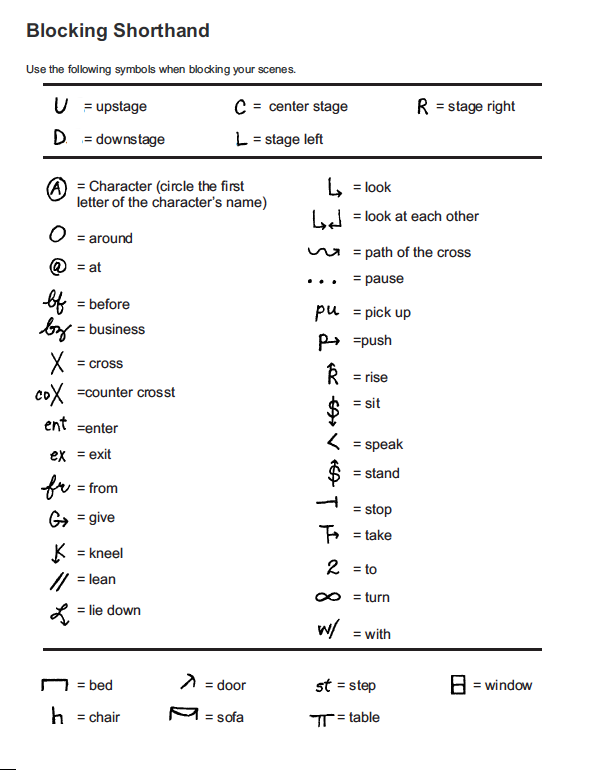Students will apply memorization tactics to scene work and perform 1 minute of their scene.
Bellwork:
Classwork:
Homework:
- Students should read this article on memorization
- Students should complete this google form about the reading
Classwork:
- Students discussed merits of different kinds of memorization tactics
- Students chose 1 minute of their scenes to perform for the class
- Students rehearsed one minute selection
- Students received feedback on the performances
Homework:
- Keep working on memorizing lines and any feedback given during performance today.

 RSS Feed
RSS Feed
